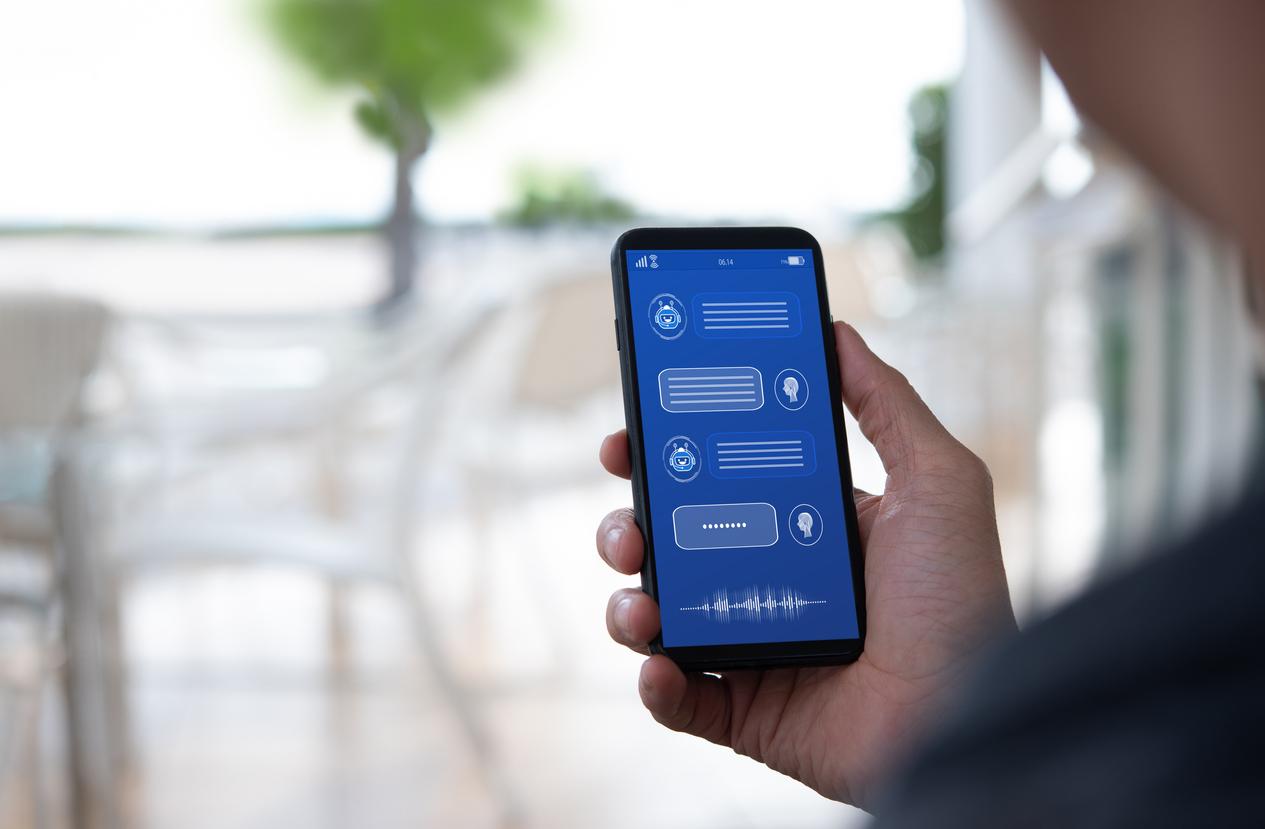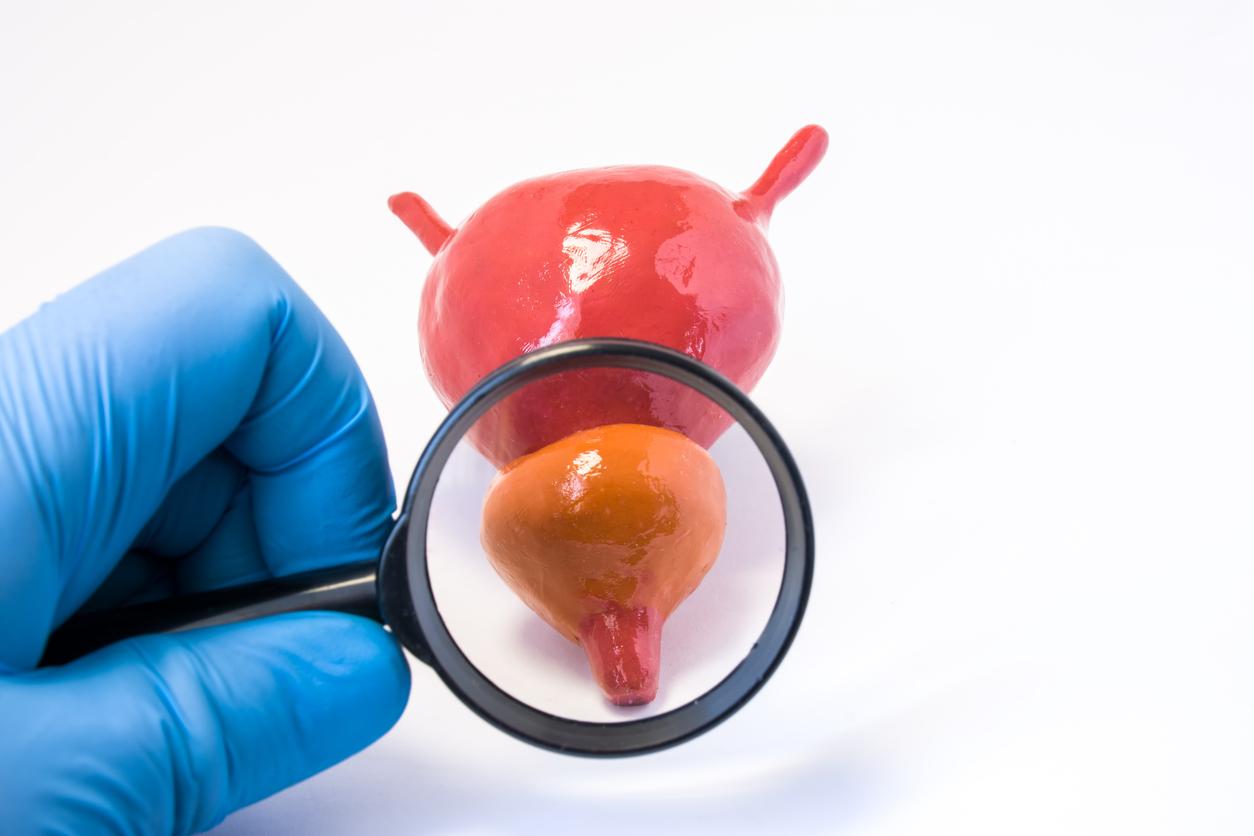A new screening tool for prostate cancer, based on an artificial intelligence algorithm, has just been implemented by an Israeli company in partnership with a team of French pathologists.

- The artificial intelligence tool intervenes in a second step, in addition to the doctor’s expertise.
- The success rate of the tool using artificial intelligence is impressive. Its effectiveness, rated between 0 and 1, was evaluated at 0.9973.
More and more, artificial intelligence invests the medical field. The latest invention to date concerns prostate cancer where a new screening tool, based on an artificial intelligence algorithm, has been developed. This tool, called Galen Prostate, was developed by the Israeli company Ibex Medical Analytics, in partnership with a team of French pathologists from the Medipath network.
The tool only intervenes in a second step…
This algorithm only intervenes in a second step, in addition to the doctor’s expertise in order to avoid errors of assessment. It analyzes the digitized slides of prostate biopsies and issues an alert when it identifies differences with the diagnosis made by the pathologist. “The artificial intelligence tool developed with Ibex can prevent us from missing a case, especially for very small cancers, rejoice doctors Anne-Flore Albertini and Delphine Raoux at Var Morning. But what makes it interesting is also that it can look for all the histo-prognostic criteria which characterize a cancer, and which will make it possible to direct the management of the patient.”
For this algorithm to be effective, a database of 60,000 prostate biopsy slides was produced by different institutions, in Israel and France. “What matters with artificial intelligence is the amount of data, confirm Doctor Olivier Vire, founding president of Medipath, and Stéphane Rossat, scientific director. We have contributed to increasing the number of data, to strengthen the robustness of the software and the reliability of its algorithm.”
… for the moment
The tool has made it possible to detect cancers that went unnoticed after examinations carried out by doctors. During the European Congress of Pathology in Nice, a retrospective study of one hundred mild cases, re-examined by the tool, revealed 9 cases which had not been detected by doctors. “These are mainly very small cancers which, if diagnosed early, modify the management of the patient, who will then benefit from active monitoring”. point out pathologists.
The success rate of the tool using artificial intelligence is impressive. Its effectiveness, rated between 0 and 1, was evaluated at 0.9973. “He does as well as three doctors helped by complementary immunohistology studies whose results are validated by an expert”, summarizes the scientific director Stéphane Rossat. The negative predictive value is 99.52%. “If the AI says no, there is no cancer!”, he advances. Its positive predictive value is deliberately lower, at 88.43%. “The tool is calibrated to give the alert at the slightest doubt. It is then up to the doctor to check and validate or not. The cursor is placed so as not to miss anything, even a very small focus.”
For the moment, the tool only intervenes in a second step but it could very quickly be used as a first resort. “Currently we use it for a second reading, described Delphine Raoux. AI therefore intervenes in terms of quality control, but we have already asked ourselves the question of doing the opposite: using artificial intelligence to make the diagnosis, with a control by the pathologist in a second step.” The team is already working on such a project, which it deems “very promising”.

.

















